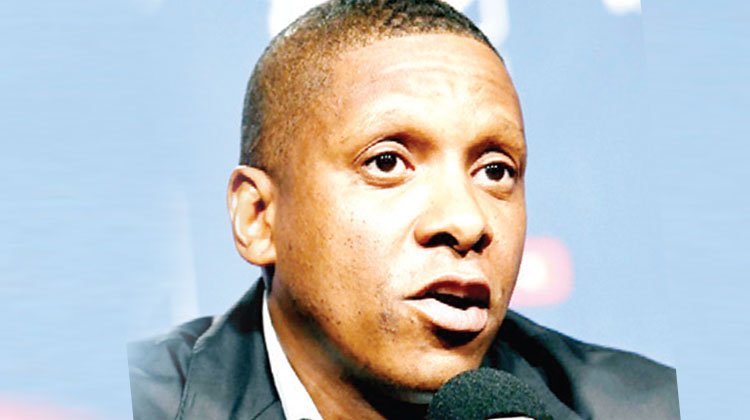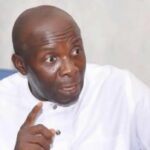
Toronto Raptors president Masai Ujiri and Boston Celtics coach Ime Udoka both spoke out Sunday against the decision by Nigeria’s government to withdraw its basketball teams from international competitions for two years and potentially eliminate any chance of qualifying for the 2024 Olympics.
Ujiri and Udoka are both of Nigerian descent. Ujiri called for resignations and a rebirth of the Nigerian federation.
Ujiri released a letter saying “enough is enough,” and Udoka — shortly before his team played in Game 2 of the NBA Finals against the Golden State Warriors — also questioned the motives behind the move by government officials.
“The leaders of the basketball ecosystem in Nigeria continue to rob our youth of their present and future while tearing the entire basketball community apart — this needs to stop,” Ujiri wrote.
FIBA, basketball’s global governing body, said it had no choice last week but to remove Nigeria from the 12-team field for the women’s World Cup later this year and replace the African champions with Mali.
The men’s national team has been trying to qualify for next year’s men’s World Cup – a major step toward making the 2024 Games.
But if the ban approved by the Nigerian government holds, there’s almost no realistic scenario in which Nigeria’s basketball teams can qualify for Paris. Both the Nigerian men and women were part of the Tokyo Olympics field last summer – and the men’s team, coached by Warriors assistant and now Sacramento coach Mike Brown, beat the eventual gold medalist U.S. team in an exhibition game.
Udoka said the Nigerian federation suffered from disorganisation.
“A lot of the same stuff I dealt with as a player, which is disappointing,” said Udoka, a former player for the Nigerian national team.
It was an issue last summer as well. Brown got a great deal of logistical help from the Warriors as he gathered the Nigerian team – many of whom were NBA players – for a training camp. He had to oversee everything from making sure practice equipment arrived to setting up travel arrangements, and even set up a charitable foundation that was trying to raise $1m to support the national team programmes.
The problems in Nigerian basketball revolve around a leadership tussle at the national federation, which elected two different presidents in parallel elections in January. The government appointed an interim committee to run the NBBF until its issues were resolved, but has also announced its intention to “revamp” all areas of Nigerian basketball, including the domestic league.
“The time for change is now,” Ujiri wrote. “I know all athletes, leaders and stakeholders in African sport will not give up on Nigerian basketball, and we will not give up on the youth. It’s time for us to move forward. We need a new slate and a new narrative. To do this, all of the leaders that have held on to the realms of the Nigerian Basketball Federation for the past several years must all step down.”





